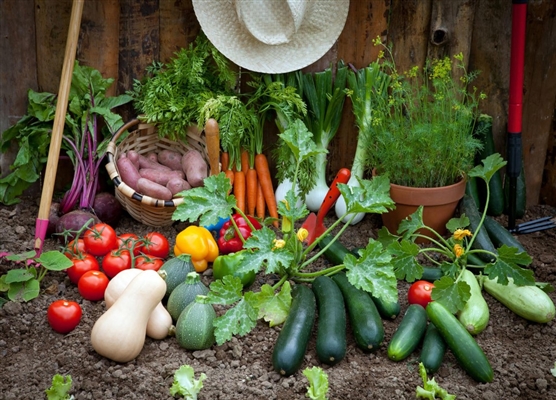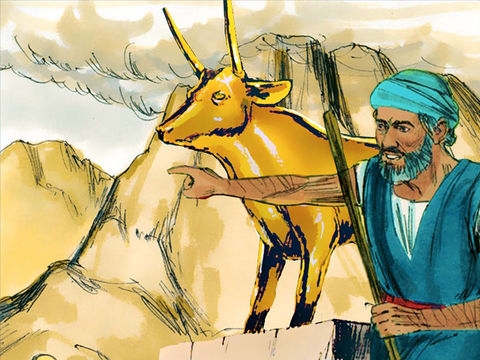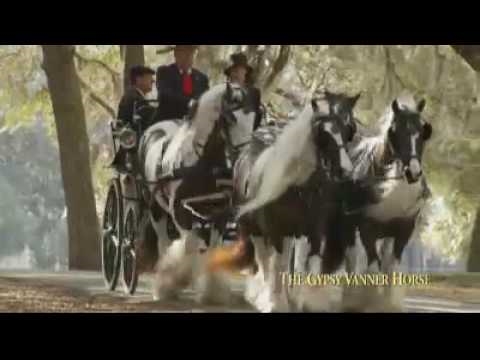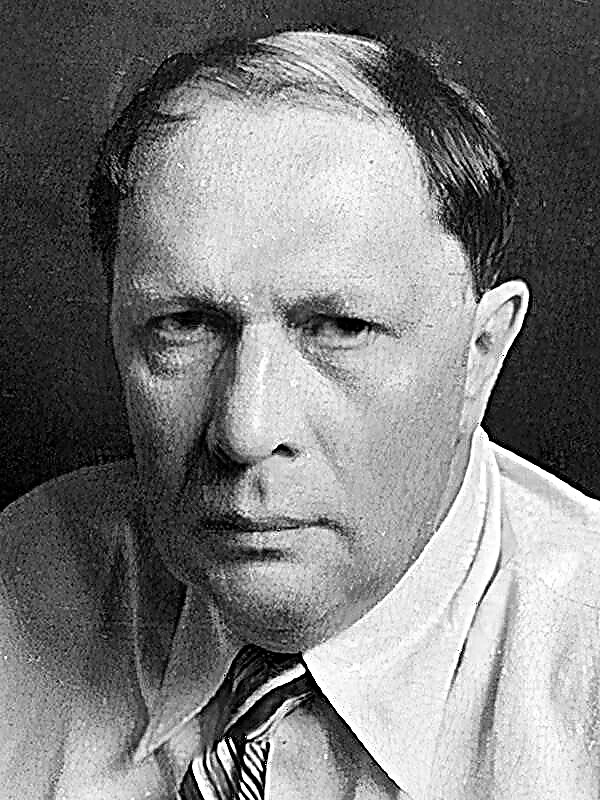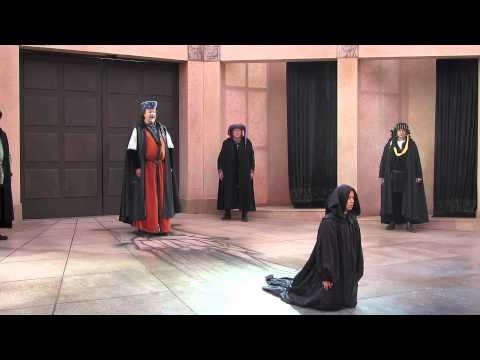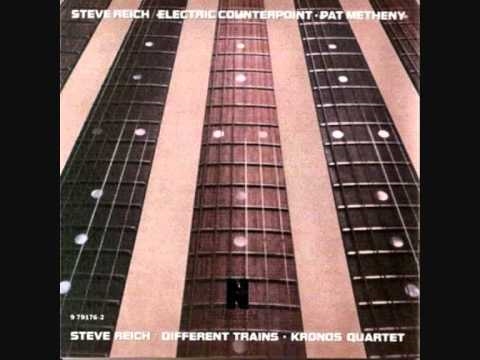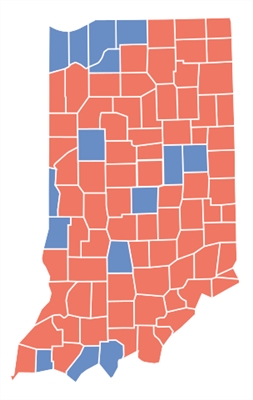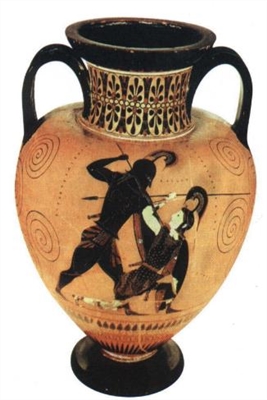Anna Akhmatova is an outstanding poet of the 20th century. Her life and career can not be called easy. The Soviet propaganda machine slandered it, created difficulties and barriers, but the poetess remained a strong and unshakable patriot of her country. Her civic lyrics are aimed at telling everyone what it is worth to love and be proud of their native land.
History of creation
Anna Andreevna Akhmatova wrote “Native Land” in 1961. At this time, the poetess was in the Leningrad hospital. The poem is part of the collection "Wreath of the Dead."
“Native Land” belongs to the civic lyrics of the great poetess - therefore, the motive for writing the work is very clear. For Akhmatova, the post-war period was a difficult period: personal family tragedies and the inability to publish freely, but the poetess did not give up and continued to write. The patriotic poems of Anna Andreevna were created as if secretly; she was forbidden to freely publish her works. Since the mid-50s, she was not allowed to live in peace, but she did not allow herself to break down and wrote over and over that her native country, though not perfect (“does not seem like a promised paradise”), remains her favorite anyway. At the same time, many artists (writers, poets, playwrights, actors) left the country, disappointed and somewhat humiliated. They all lost faith in their homeland, did not see anything positive, but Akhmatova saw, tried to find in this darkness even the smallest ray of light and found. She found him in the nature of Russia - in her incredible nature - the nurse of the whole Russian people.
Genre, direction and size
“Native Land” is a deeply patriotic lyrical work. Akhmatova herself defined the genre of this poem as civic lyrics. Strong love and respect for your country - these are the feelings that permeate these lines.
For the author, civic lyrics are not just devotion, this is service to the Motherland, in spite of any trials and lawsuits.
Anna Andreevna created within the framework of the direction - acmeism. The poem is small in volume - 14 lines, the first 8 of which are written by iambic, and the last 6 by anapaest. The non-strict cross-rhyme (ABAV) gives the impression of a free composition. It is worth noting that the type of rhyme indicates the informal dialogue of the lyrical heroine with the audience. The work is not subject to a strict external form.
Composition
A trained reader will immediately notice some similarities between Akhmatova’s “Native Land” and Lermontov’s “Motherland”. In both poems in the first lines, poets deny pathos and patriotism, but only the one that has become somewhat typical of people - worship, hymns. The masters of the word point to “other” love, which does not have to be proved by “incense” on the chest and verses. Both poets say that true love for the Motherland is devoid of external manifestations and is not aimed at the viewer - this is an intimate feeling, personal for each person, not like anyone else.
It is also worth noting that in this poem Russia is precisely the land, the place of fertile soils, and not a country with military merits. It is such a homeland that appears before ordinary people, for whom Akhmatova writes.
Compositionally, the poem can be divided into two parts.
- In the first part, the denial of excessive expression in the manifestation of love for the motherland comes to the fore.
- In the second part there is an explanation - what is the homeland for the poetess herself: “dirt on galoshes”, “crunching on the teeth”.
Images and Symbols
Poems of this orientation always contain the image of the homeland. In this work, Akhmatova focuses readers on the fact that the fatherland is not a country, but the land in the literal sense is loose, dirty, has its own!
The poem is not full of many characters, because it is not required. The poetess does not write about the Motherland as an artistic image, she depicts everything simply and clearly, describes what her homeland is for her and what she personally is ready to do for the fatherland.
Of course, it is worth noting that the image of the lyrical hero is almost always present in the lyric work. In this poem, the lyrical heroine - the poetess herself, Akhmatova depicts her own thoughts, what is close to her - the Motherland in her nature, land, native landscapes, familiar and beloved landscapes.
Themes and mood
The main theme of “Native Land” is the image of a beloved country, but not traditionally majestically and militarily, but on the domestic side - native land, a place of hard work and titanic labor.
From the very first lines, each reader begins to experience those feelings and the mood that the poetess herself experienced - love. Akhmatova wholeheartedly and loyally loves Russia, does not scream about it to the whole world, but loves in her own way, because she is close to her. She soberly evaluates her homeland, does not idealize it, because there are no universal ideals that everyone would like, there is a person who finds in the combination of pros and cons that is close to him, that’s why he begins to love, beautifully, sacrificially, selflessly.
Meaning
The poem is philosophical, it is immediately impossible to give an answer that there is a homeland. Only at the end of the text is the author’s position and the idea of the poem visible - a person can call his land his own only if he intends to live in it until the end of his days, despite the difficulties and obstacles. Immediately I want to draw a parallel with my mother: nobody changes her for another, she is with us to the end. Relationship, blood ties can not be changed. So the fatherland does not change, even if it is not affectionate or not beautiful. The poetess in her experience has proved that a true patriot can keep faith in her country. Akhmatova says that the Fatherland is the true value of humanity, eternal, faithful, enduring.
I would like to note that the theme of the homeland for Akhmatova is from the main ideas in her work. She reacted negatively to those who left the country in search of a better life, although the country acted very cruelly with her - her husband was in the grave, her son was serving a sentence in prison. These torments influenced the poet's work, creating an indescribable tragedy of lyrics.
Means of artistic expression
The poem "Native Land" can not be attributed to the lyric works, which are replete with visual expressive means, because the poetess wanted to convey everything simply and freely. One of the few paths is the epithet "bitter dream", which conveys the pain of a Russian person. A very expressive comparison is "we do not make it our soul of buying and selling." The poetess again focuses on the fact that the Motherland is the most sacred and dear to people, something that cannot even be appreciated. The metaphorical lines are “Yes, for us it is dirt on the ears. Yes, for us it’s a crunch on our teeth. ” The author shows what exactly he loves his native land for.
It is worth noting that the very manner of writing this poem is an artistic means. With this lyrical work Anna Annaevna wanted to concisely and simply show how and for what one can love the Motherland. It seems to prove that they love the Fatherland not externally, not to the public, but secretly and intimately, each in their own way. In order to convey this as easily and naturally as possible, the poetess does not intentionally load the text with detailed metaphors, hyperbolas and gradations that every reader should think about before fully comprehending.

